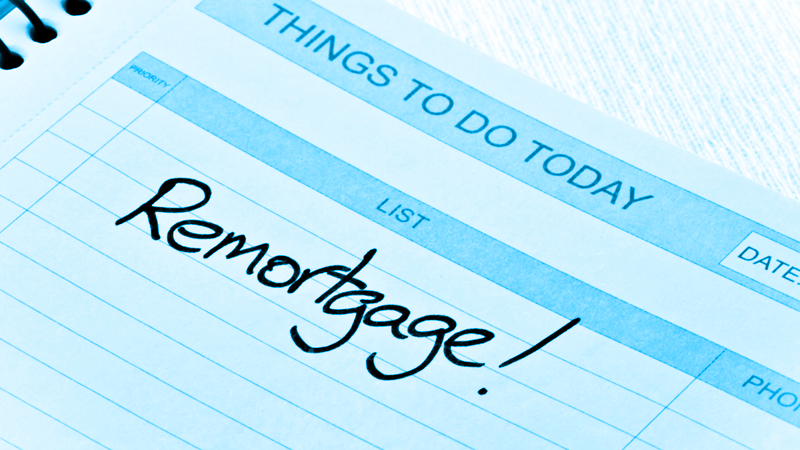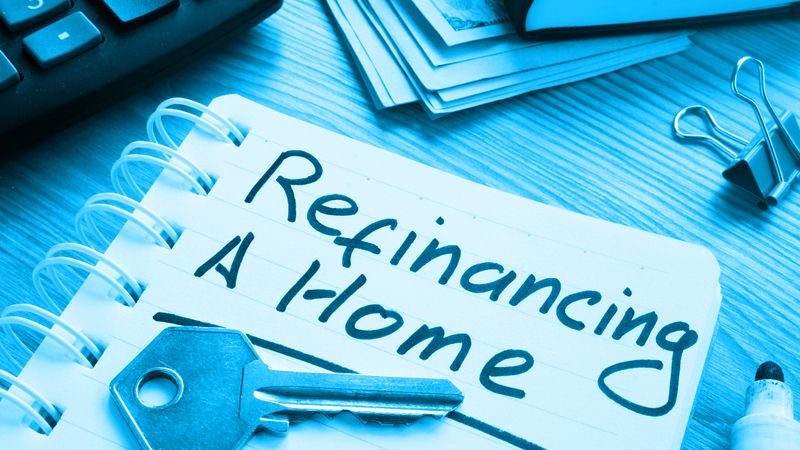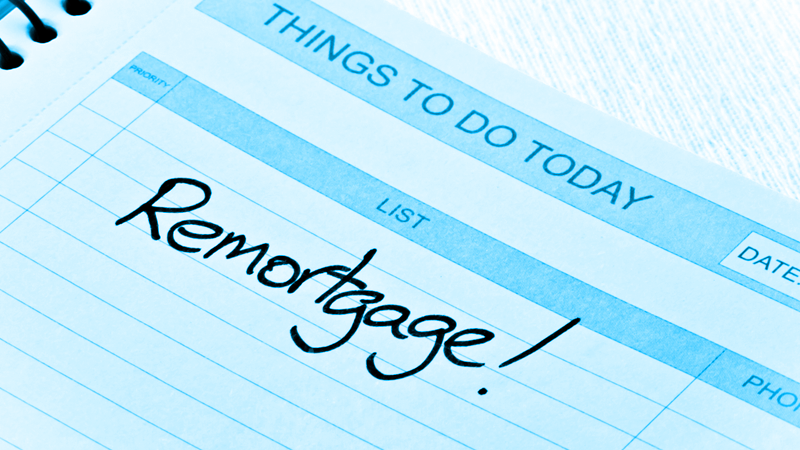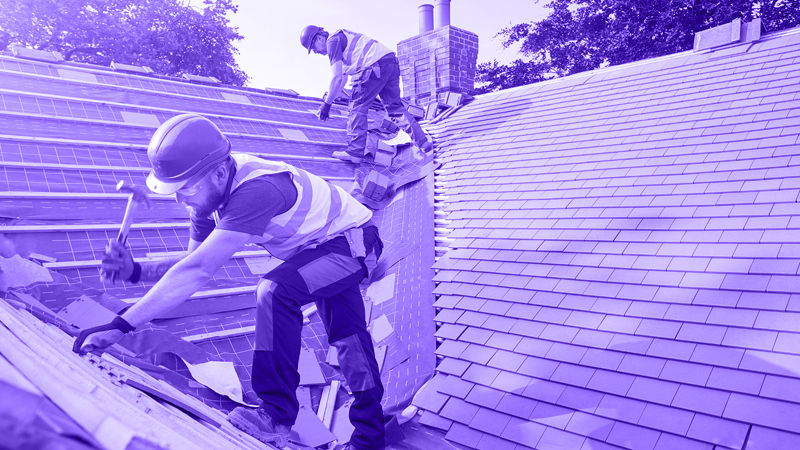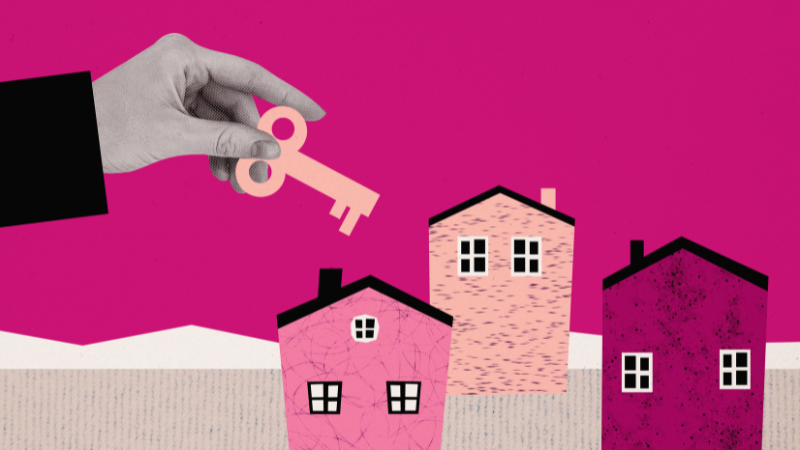Why do people remortgage?

There are a variety of motivations as to why people choose to remortgage.
Better Mortgage Rates
The average mortgage rates in the UK have changed drastically over the past 25 years and many homeowners keep an eye on the base rates so that they can access a better deal.
Check out this table from 2000 to 2025 on changes in mortgage rates:
|
Year |
2-Year Fixed |
3-Year Fixed |
5-Year Fixed |
10-Year Fixed |
2-Year Variable |
|
2000 |
6.50% |
6.20% |
6.00% |
6.50% |
6.30% |
|
2001 |
5.80% |
5.60% |
5.50% |
5.90% |
5.70% |
|
2002 |
5.20% |
5.00% |
5.00% |
5.30% |
5.10% |
|
2003 |
4.80% |
4.60% |
4.50% |
4.90% |
4.60% |
|
2004 |
4.50% |
4.30% |
4.30% |
4.60% |
4.20% |
|
2005 |
4.40% |
4.20% |
4.20% |
4.40% |
4.10% |
|
2006 |
4.60% |
4.40% |
4.40% |
4.60% |
4.30% |
|
2007 |
5.00% |
4.80% |
4.80% |
5.00% |
4.70% |
|
2008 |
6.00% |
5.80% |
5.70% |
6.00% |
5.60% |
|
2009 |
4.00% |
3.80% |
3.70% |
4.00% |
3.60% |
|
2010 |
3.50% |
3.30% |
3.30% |
3.60% |
3.20% |
|
2011 |
3.80% |
3.60% |
3.50% |
3.90% |
3.40% |
|
2012 |
3.60% |
3.40% |
3.40% |
3.70% |
3.20% |
|
2013 |
3.50% |
3.30% |
3.30% |
3.60% |
3.10% |
|
2014 |
3.40% |
3.20% |
3.20% |
3.50% |
3.00% |
|
2015 |
3.20% |
3.00% |
3.00% |
3.30% |
2.80% |
|
2016 |
3.10% |
2.90% |
2.80% |
3.20% |
2.60% |
|
2017 |
3.00% |
2.80% |
2.70% |
3.10% |
2.50% |
|
2018 |
2.90% |
2.70% |
2.60% |
3.00% |
2.40% |
|
2019 |
2.80% |
2.60% |
2.50% |
2.90% |
2.30% |
|
2020 |
2.70% |
2.50% |
2.40% |
2.80% |
2.20% |
|
2021 |
2.60% |
2.40% |
2.30% |
2.70% |
2.10% |
|
2022 |
3.50% |
3.30% |
3.20% |
3.60% |
3.10% |
|
2023 |
3.50% |
4.80% |
4.70% |
5.10% |
4.60% |
|
2024 |
4.70% |
4.50% |
4.40% |
4.80% |
4.30% |
|
2025 |
4.90% |
4.09% |
4.50% |
4.46% |
5.20% |
Table data source: Statistica
It’s generally advisable to wait until your current deal ends to remortgage as you can be faced with some pretty hefty early exit fees. However, if there’s a sudden drop in interest rates and you feel that paying the exit fee and switching will work out better in the long run, go for it.
This tends to be the most popular reason that people remortgage, but there are many others.
Using equity from your home to pay off other debts can be helpful, as mortgages often come with lower interest rates and longer repayment terms compared to credit cards or personal loans.
Debt Consolidation
Think carefully before deciding to remortgage if you’re struggling with debt.
Using equity from your home to pay off other debts can be helpful, as mortgages often come with lower interest rates and longer repayment terms compared to credit cards or personal loans.
Taking steps to reduce your debt is sensible, but it’s important to understand that increasing your mortgage to consolidate unsecured debts means those debts will become secured against your home. If you’re then unable to keep up with mortgage payments, your home could be at risk.
Remortgaging to pay off debt may be a good option if you’re feeling overwhelmed and are confident in your ability to manage the new mortgage payments.
However, despite lower interest rates, mortgage terms are typically longer than those of personal loans—so you could end up paying more interest overall.
Home Improvements
Ready to make some big changes to your home? Fancy getting an extension or converting your garage into a yoga studio? Many people choose to remortgage because it can give you access to the funds needed for home improvements—potentially increasing your property’s value in the process.
Major renovations, like a loft conversion or adding a conservatory, can run into the thousands. In such cases, remortgaging can be a more affordable way to borrow the necessary funds.
For smaller projects, though, an unsecured personal loan might be more suitable. While the interest rates and monthly payments are typically higher, the shorter repayment term means you could pay less interest overall.
Buying another property
Remortgaging your current property to purchase another can be a smart strategy, as long as you have sufficient equity in your home and is another popular reason as to why people remortgage. The process is similar to securing a Buy to Let mortgage. By releasing equity, you could boost the deposit for your new property.
However, unlike a Buy to Let, you won’t have rental income to help cover the costs. That means you’ll need to demonstrate that you can afford the increased mortgage payments using your income alone—covering both mortgages without relying on any rental returns.
There are many more reasons as to why people choose to remortgage but these are typically the most popular choices. Now let’s take a look at some potential barriers.
Need a credit report? Get yours free for 30 days with Checkmyfile.

Potential barriers for remortgaging
Generally, it’s possible to remortgage in any circumstance, however there are some potential drawbacks when it comes to remortgaging.
-
Potential costs:
-
Remortgaging can come with some costs, and the most significant one to watch out for is the early repayment charge (ERC). This usually applies if you’re leaving your current mortgage deal before the end of its term—unless you’re on a standard variable rate (SVR) or a deal without an ERC. However, if you remortgage at the end of your tie-in period, you can often avoid this charge, keeping costs down.
ERCs aren’t the only fees to consider. Your current lender might charge a deeds release or exit fee, while a new lender may apply valuation and legal fees. That said, many lenders offer incentives, such as waiving these fees, to attract new customers.
It’s also worth noting that if you stay with the same lender and switch to a new product, fees are often lower—or even waived altogether.
Before committing, make sure the cost of remortgaging doesn’t outweigh the savings from a better rate. Speaking to one of our advisors, who can help you assess your options and find the most cost-effective deal.
-
- Applying for a new lender:
-
When applying for a remortgage with a new lender, you’ll be treated as a new customer, meaning you’ll need to go through the same process as when you first applied for a mortgage. While this may add some extra work and stress, it’s important to consider the potential outcomes.
Remortgaging with a new lender can have both advantages and disadvantages, depending on your situation. On the plus side, if your financial position has improved since your original mortgage, you may qualify for a better deal. On the flip side, if your circumstances have worsened, this could affect the mortgage offer you receive, and it might be better to stay with your current lender.
Additionally, if you’ve become self-employed or started a new business since your last mortgage application, remortgaging with a new lender could involve more paperwork. You may need to provide two years’ worth of accounts and other documents as part of the process.
-
Related guides:
Shared Ownership Remortgage
A shared ownership remortgage involves taking out a new mortgage with a different lender or potentially increasing your current mortgage on the portion of the property you own. Unlike a standard remortgage, you’re only remortgaging the share you own, not the entire property. Shared ownership remortgages are often used for “staircasing” (increasing your share of the property) or securing a better mortgage deal.
What is Shared Ownership?
Shared ownership allows you to purchase a share of a property, typically from a housing association, while paying rent on the remaining share. You own your share outright and pay a subsidised rent on the rest.
Why Remortgage a Shared Ownership Property?
-
Staircasing: A remortgage can help you increase the portion of the property you own, which reduces your rent payments and, in time, could lead to full ownership.
-
Better Mortgage Deals: Remortgaging can help you secure a more competitive interest rate or better mortgage terms.
-
Accessing Funds: You may also use a remortgage to release funds from your property, whether to increase your share or for home improvements.
Process and Considerations:
-
Housing Association Consent: Before remortgaging, you’ll need consent from the housing association, as they own the remaining share of the property.
-
Mortgage Broker: Working with a specialist mortgage broker can simplify the process and help you find the best remortgage deals for shared ownership.
-
Specific Lenders: Not all lenders offer shared ownership mortgages, so it’s important to find one that specialises in these types of loans.
-
Staircasing Rules: Housing associations often have specific rules and fees for staircasing, so be sure to understand these before remortgaging to increase your share.
If you stay with the same lender and switch to a new product, fees are often lower or even waived altogether.
Why do people remortgage - A Summary
People remortgage for several reasons, including securing better rates, consolidating debt, funding home improvements, or buying another property. Remortgaging can help access better deals or release equity, but it’s important to consider the costs involved.
Common reasons for remortgaging:
-
Better Mortgage Rates: Taking advantage of lower interest rates.
-
Debt Consolidation: Using home equity to pay off other debts, though this can put your home at risk.
-
Home Improvements: Borrowing funds for renovations that may increase property value.
-
Buying Another Property: Using equity to boost a deposit for another property.
Barriers include early repayment charges (ERCs) and additional fees. When switching lenders, you may need to go through the full application process, and shared ownership remortgages require housing association consent and specialised lenders.
Should you require any further assistance in your mortgage application, please contact us to arrange a consultation with our expert team of brokers.
As a specialised mortgage broker, we have access to hundreds of lenders, some who specialise in mortgages for those with bad credit but good income. We offer a free consultation with access to a free Equifax Credit Report. With this report, we can analyse your current situation and look at how to move forward.
As with any big financial decision, it is highly recommended that independent financial advice is sought ahead of committing to a specific option, to ensure that all terms are fully understood, the option is the most favourable for the applicant and that the repayments can be made comfortably.
In addition, it is important to note that with any secured lending, the ultimate consequence of defaulting on the mortgage could mean that the property is repossessed by the lender.
Call us today on 03330 90 60 30 or feel free to contact us. One of our advisors will be happy to talk through all of your options with you.





